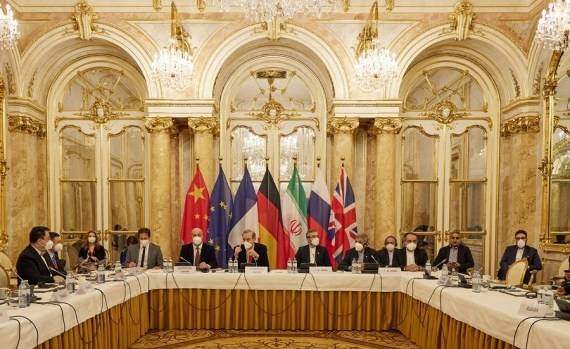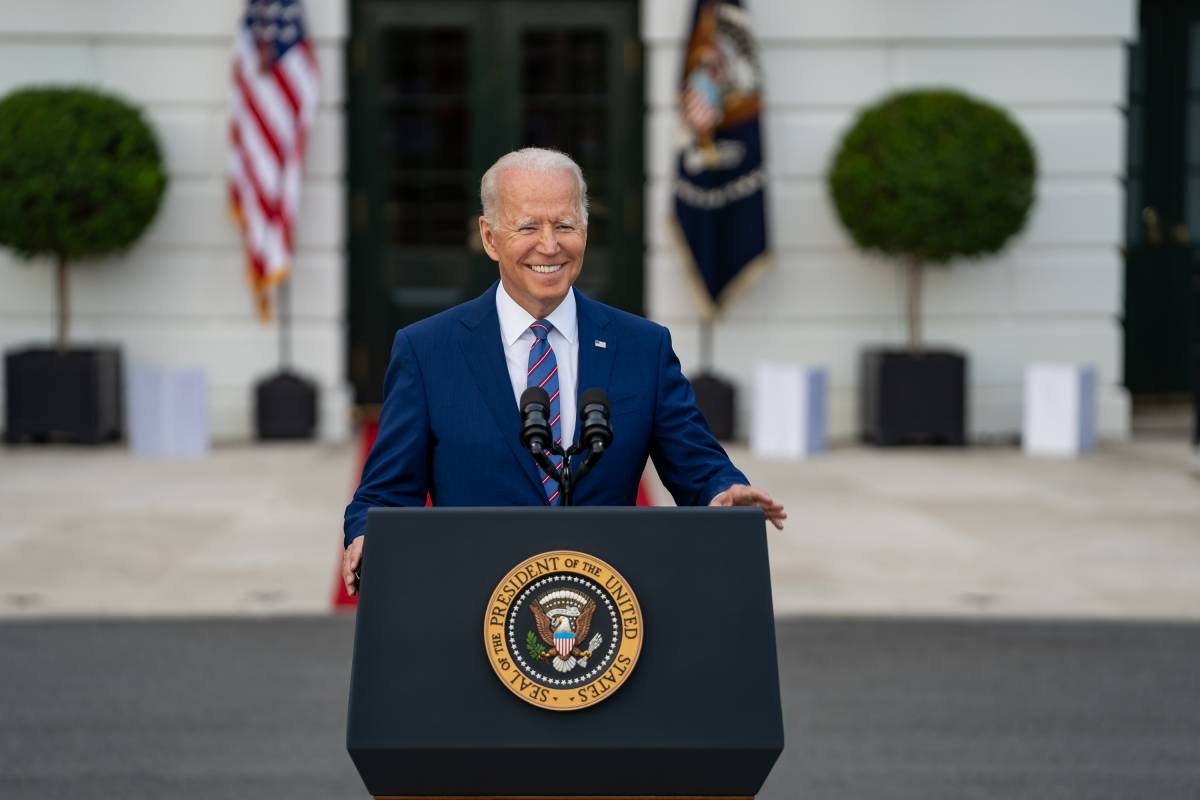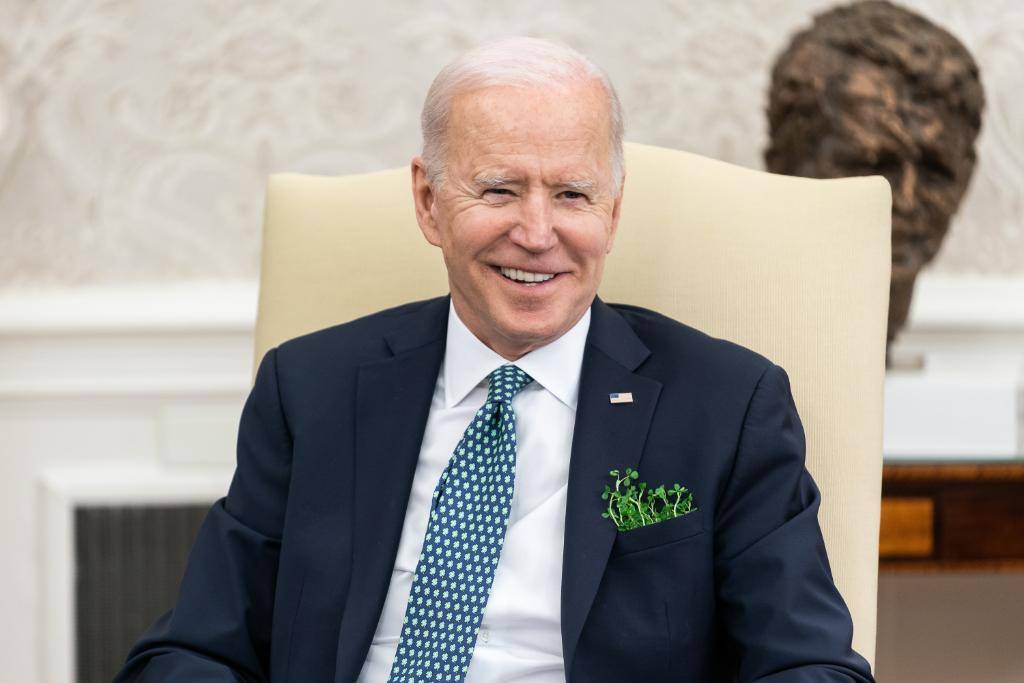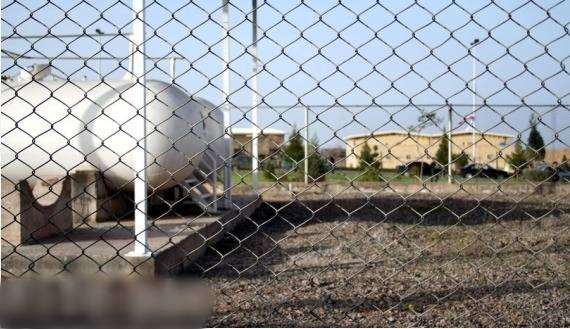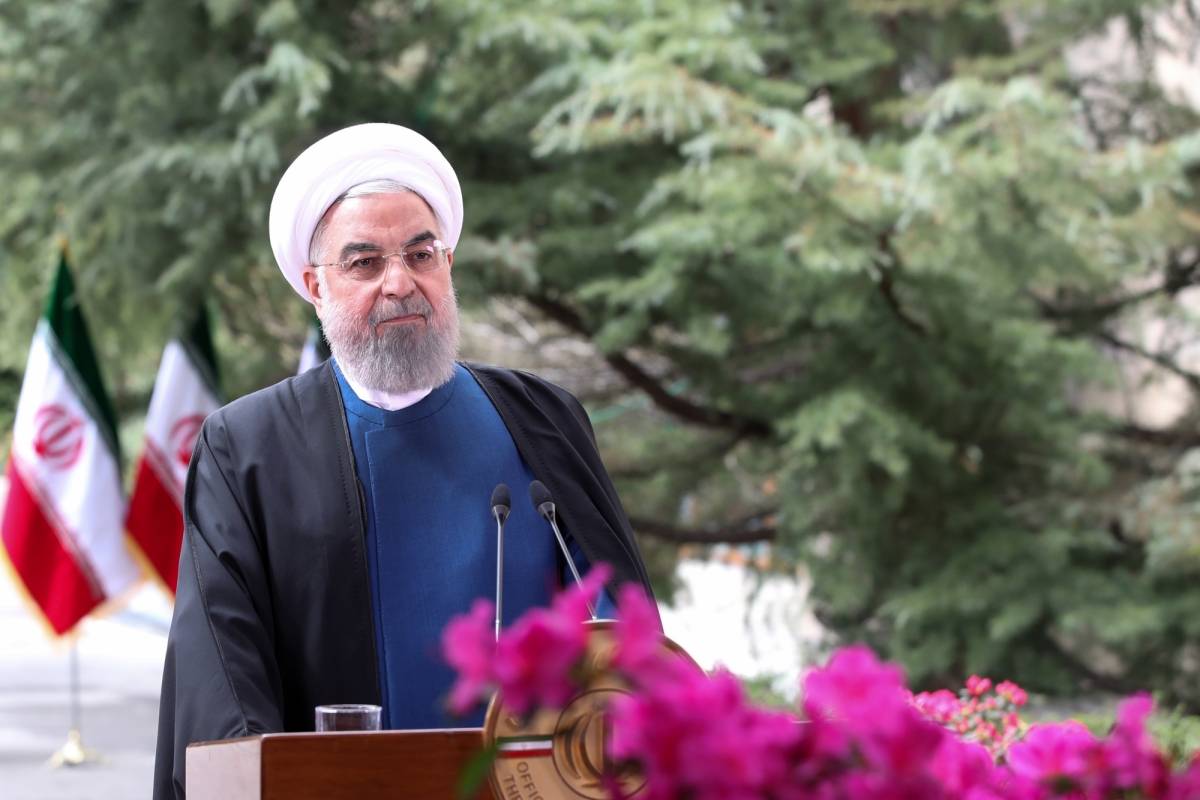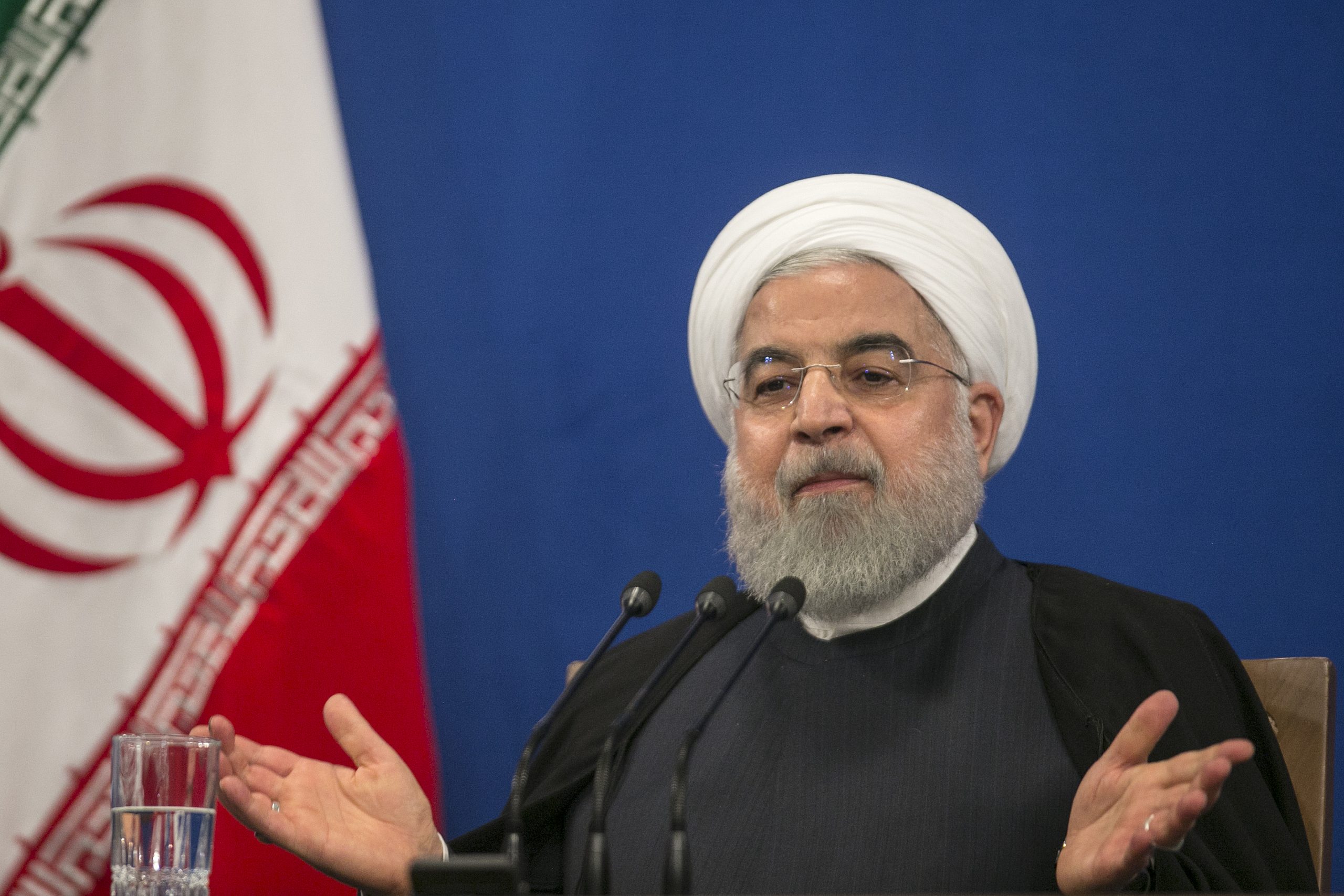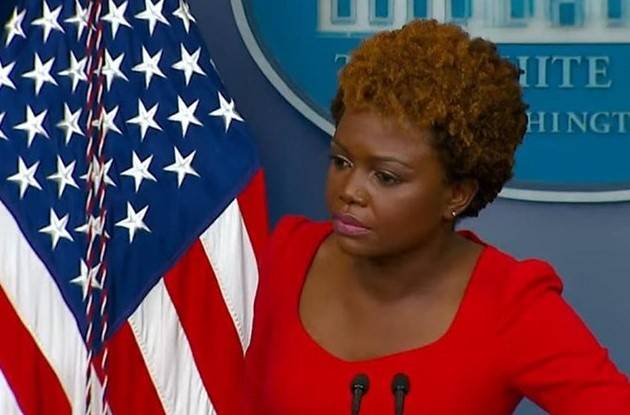
US: No conditionality between Iran nuclear deal and IAEA probes
White House said the investigations led by the International Atomic Energy Agency (IAEA) “are not political” and “are not leverage or bargaining chips”, reports Asian Lite News White House Press Secretary Karine


